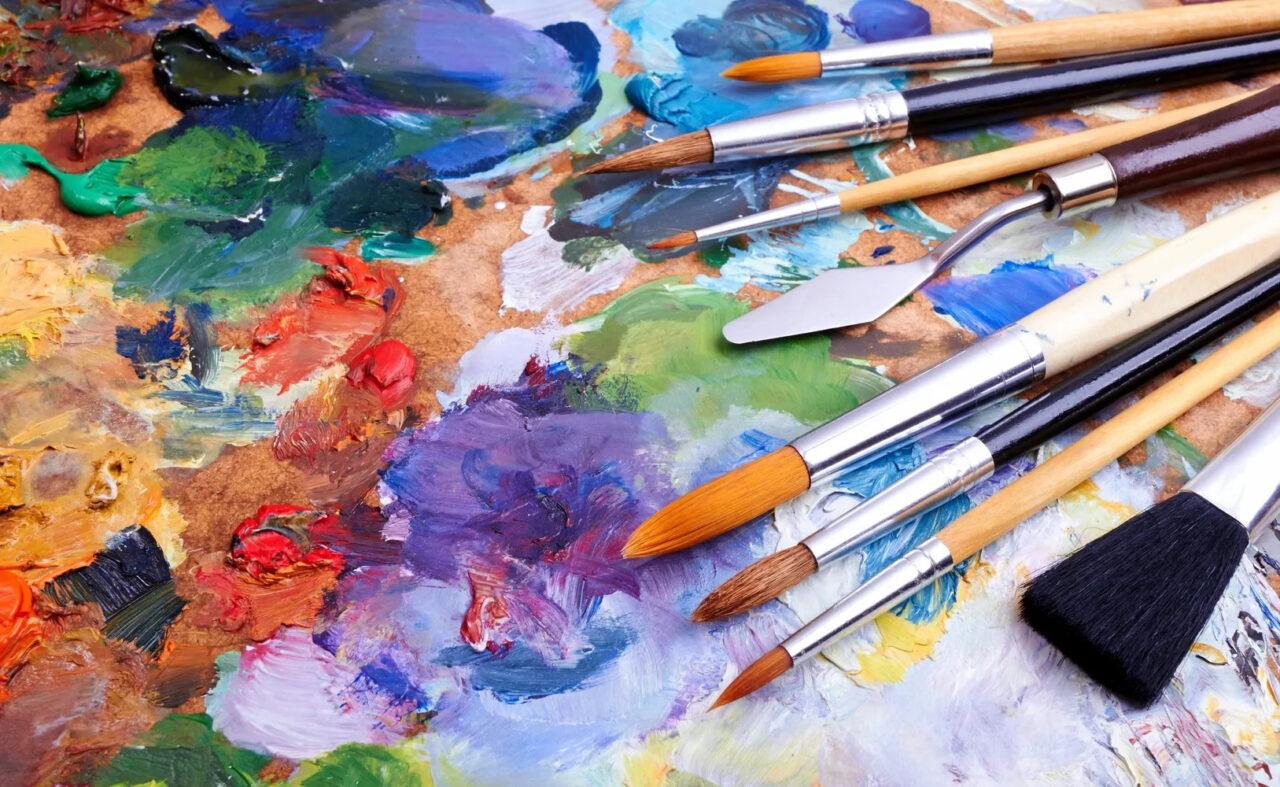Diving into the Cognitive and Emotional Benefits of Art Instruction
When one thinks of essential school subjects, Math, Science, and Literature might be the first to come to mind. However, lurking in the background – sometimes underappreciated – is the realm of Art Education. Beyond the delightful mess of paint and the pleasing aesthetics of a well-sculpted pot, art plays an influential role in cognitive and emotional development. Let’s delve into why art education truly matters.

Cognitive Advancements through Art
1. Enhanced Creativity
At its core, art is about creating something from nothing. This constant act of creation pushes students to think outside the box, fostering an environment where creativity thrives. Art unlocks a part of the mind that, in many cases, remains dormant in the absence of creative stimulation. Studies have shown that engaging in art activates unique parts of the brain associated with creativity, leading to improved ability to think outside the box. Our nurturing environment celebrates every artistic effort. We believe in positive reinforcement, ensuring every child feels proud of their creation, regardless of the outcome.
2. Improved Memory
Art often involves detailed observation. Whether one is replicating a natural scene on canvas or recalling a dance sequence, memory gets a consistent workout. The process of creating art requires an incredible amount of focus and attention to detail. This rigorous mental exercise has been linked to enhanced memory retention, making it beneficial for students of all ages.
3. Developing Fine Motor Skills
From the precise grip on a paintbrush to the delicate hand needed for clay modeling, art education plays an integral role in refining fine motor skills. Handling art tools and materials requires dexterity and precision. According to Montessori art, these actions can help in honing fine motor skills, particularly in younger children. Our specially curated workshops, like sculpture or drawing classes, ensure that students get hands-on experience, aiding in the development of these motor skills.
4. Boosted Problem-solving Skills
Artistic creations often come with their set of challenges. Finding ways to bring a vision to life aids in the development of advanced problem-solving abilities. Art requires decision-making. Every brush stroke or sculpted curve is a choice. This constant decision-making process enhances critical thinking, and experts suggest that it can significantly boost problem-solving skills.
Lifelong Benefits
1. A Lifelong Hobby
Engaging in art can be both therapeutic and fulfilling. Even if students don’t pursue a professional career in the arts, the skills they acquire set them up for a rewarding lifelong hobby. Beyond education, art can be a therapeutic and fulfilling hobby. Engaging in art-related activities can be a source of relaxation, mental rejuvenation, and emotional healing.
2. Cultural Appreciation
Through art, students are exposed to various cultures, traditions, and histories. This exposure fosters an appreciation for diversity and broadens their world perspective. Art is a reflection of culture, history, and societal values. Introducing students to various art forms from different cultures can foster a broader understanding and appreciation of the world.
3. Critical Thinking
Interpreting art requires students to think critically, considering multiple aspects and viewpoints of a piece. This skill, once honed, proves invaluable in real-world scenarios. At our center, we provide a diverse array of projects that challenge students to think critically. Our experienced instructors guide them, encouraging individualized solutions and unique artistic expressions.
Conclusion
The value of art education is irrefutable. It molds young minds, equipping them with skills that are vital in both their academic and personal lives. At Creating My Art, we are deeply committed to amplifying these benefits, providing an environment where creativity can flourish and where every student feels valued and empowered.
Art education is not merely an ‘extra’ subject; it’s a pivotal component of holistic development. Whether it’s the cognitive skills being honed or the emotional intelligence being nurtured, the importance of art instruction is undeniable. As society continues to evolve, the need for creative thinkers and emotionally intelligent individuals will only grow. It’s time we give art education the emphasis it deserves, not just as an optional subject, but as a core component of our educational systems. After all, in the words of Pablo Picasso, “Every child is an artist.” It’s our responsibility to nurture that artist within. The problem is how to remain an artist once we grow up.” Art education plays a pivotal role in ensuring that the artist in every individual continues to thrive.

